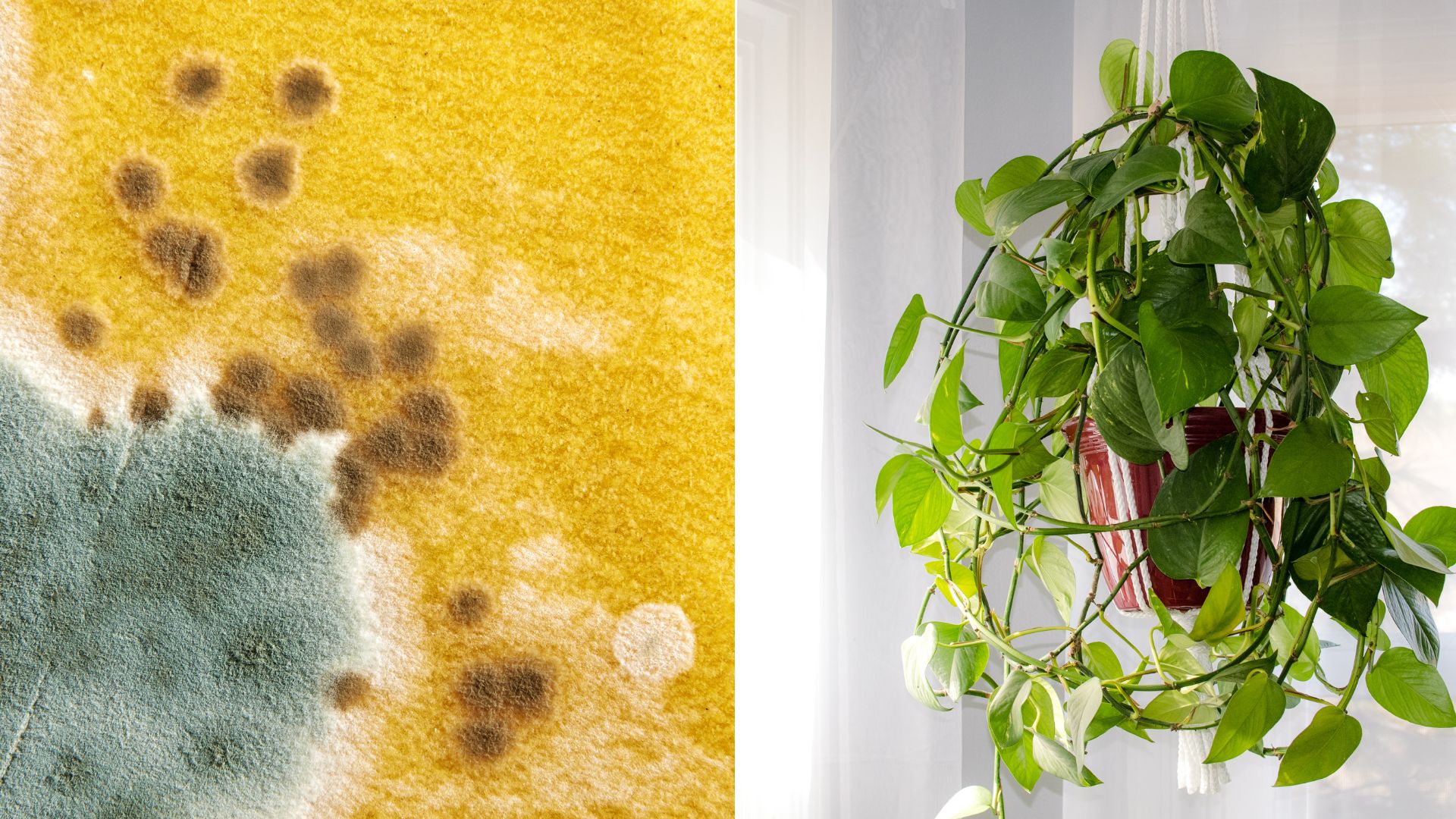The internet has so many advantages and we can learn so much info from it in a relatively short period of time. However, we shouldn’t believe everything we read, no matter which subject is being discussed.
This applies to the gardening world, where individuals share their knowledge about certain topics. There has been a recent claim that houseplants can beat mold and many accepted it as a common fact.
But what does science say? And can house plants really beat mold? The thing is that many people struggle with black mold in their households and it’s not something we should neglect.
This fungus isn’t harmless and we are actually in danger if it occurs in our homes. Asthma, allergies, and various respiratory issues are just a few examples of the problems it can cause. (1)
Houseplants are super beneficial but when it comes to their relationship to black mold, the answer is NO, they can’t beat mold.
Guy Barter from RHS Gardening explained why this method doesn’t work and described his view on what led people to this conclusion.
His first claim is that none of the articles related to house plants and mold cite any scientific evidence on this point. Well, that’s why there isn’t any.
Guy explains that plants lose water during transpiration, which is an essential part of photosynthesis, and plants can’t live without it.
He continued: “I very much doubt that plants emit any chemicals that suppress mold.”
The indoor air becomes dry during winter, especially in centrally heated households. Both people and plants benefit from some moisture. He points out that plants have various other scientifically proven benefits.
Spider plants, Devil’s Ivy, and Peace lily are just a few plants that filter indoor air. However, they can’t clean it to the extent of beating mold.
If you want to remove black mold, there are multiple methods that actually work. Ventilation, heating, and insulation are some of the effective ways to prevent this fungus. (2)
Many people struggle with black mold so it’s logical to try different solutions. However, if there isn’t any science behind it, you should really be careful because it can cause more harm than good. And just a good old reminder: don’t believe everything you read on the internet!
References
1. C. C. M. (n.d.). Black mold. Cleveland Clinic
2. A brief guide to mold, moisture and your home | US EPA. (2023, March 14). US EPA.


